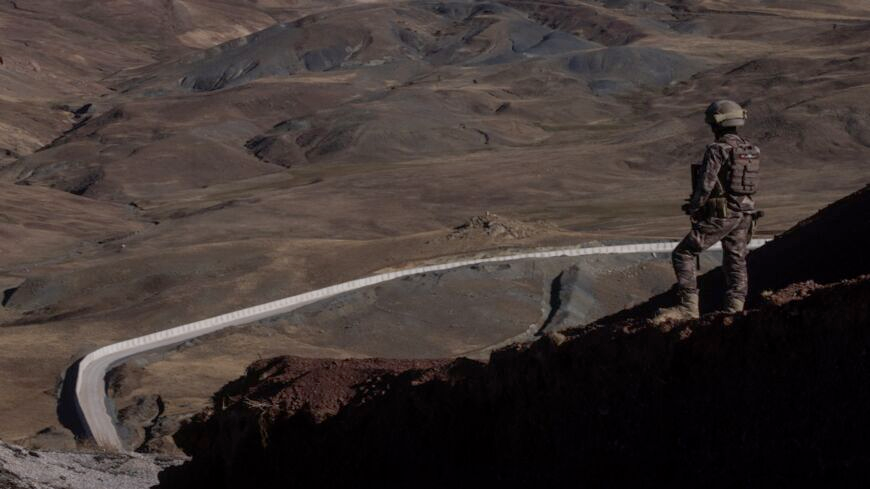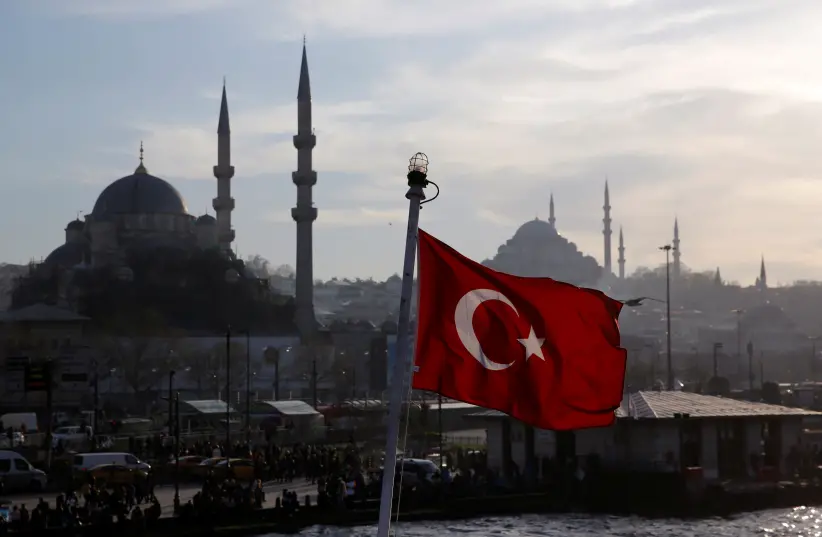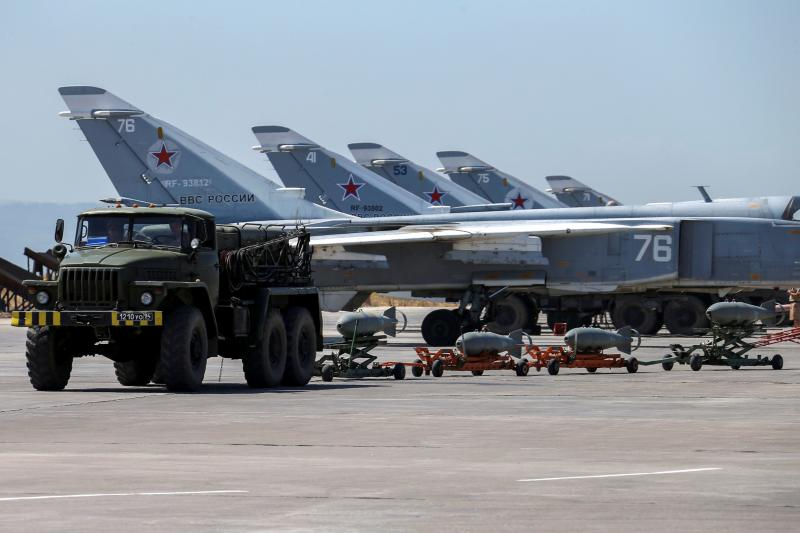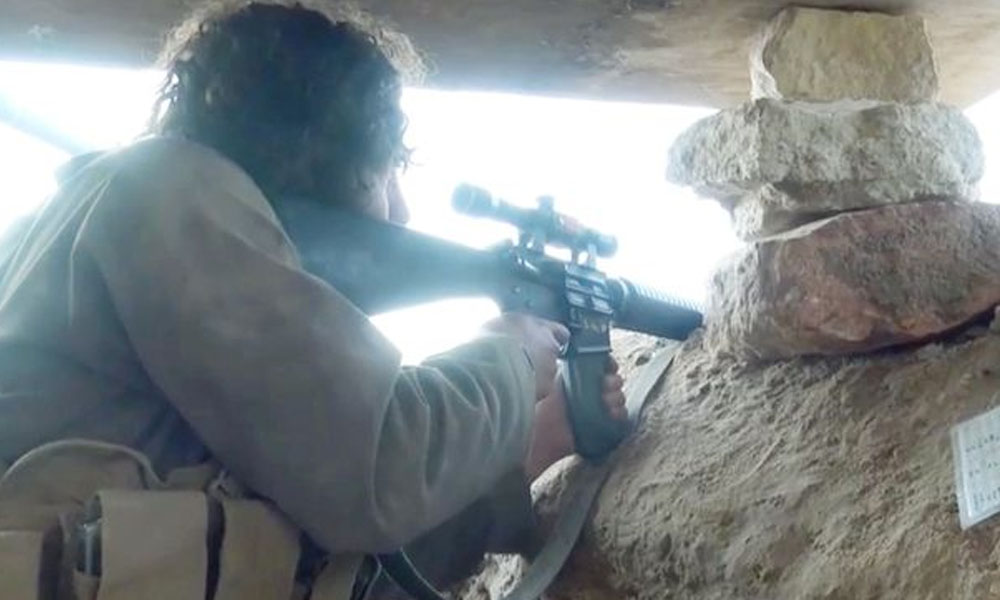Iraq’s Al Sadr picks team to lead talks with other parties
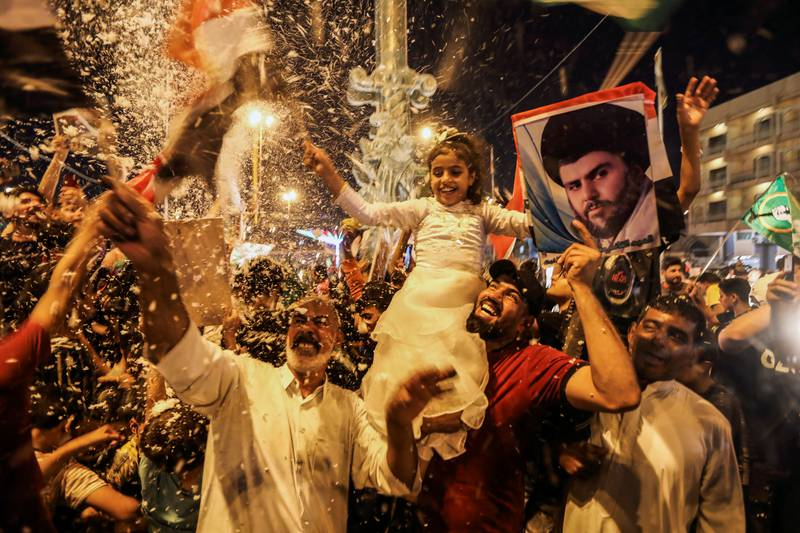
Shiite cleric Moqtada Al Sadr – whose bloc won the largest share of seats in Sunday’s national elections – has formed his negotiation team to start dialogue with other political parties.
On Sunday, Iraq held its fifth parliamentary elections since the 2003 US-led invasion that toppled Saddam Hussein’s regime.
The elections were originally scheduled to be held in May next year but were brought forward to appease the pro-reform, youth-led protest movement that engulfed the country in October 2019.

